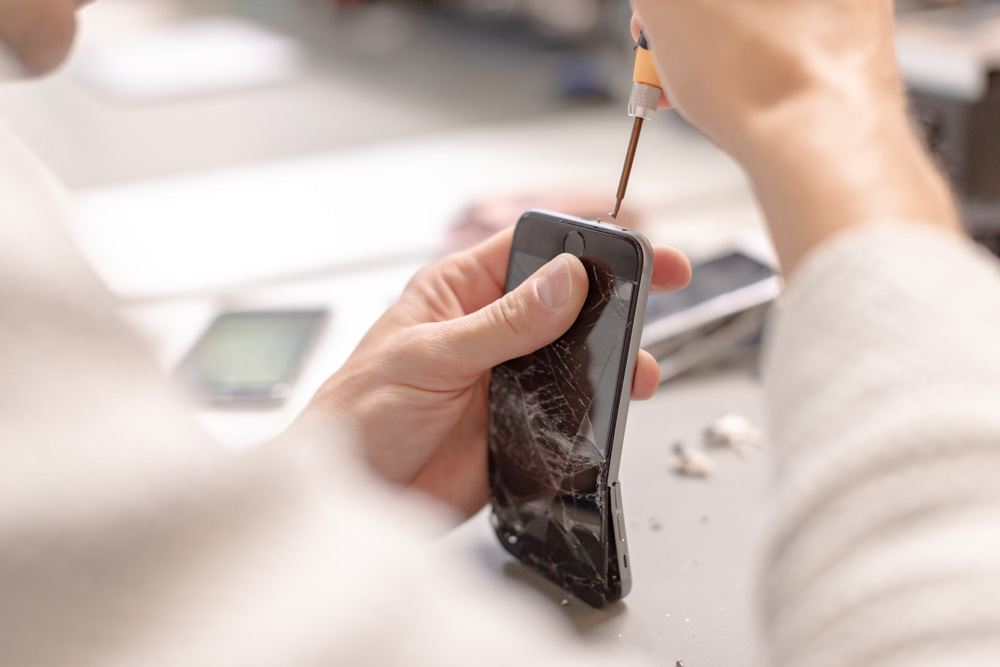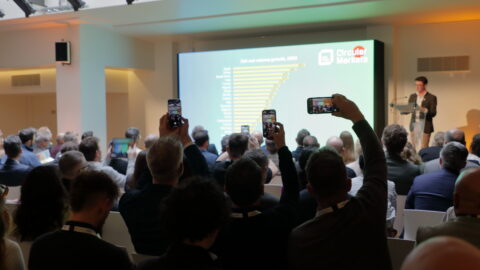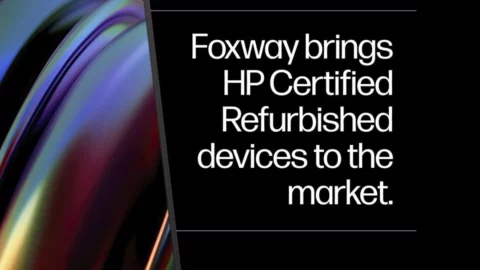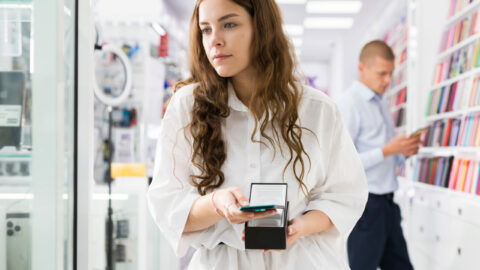We can reduce our electronics’ environmental impact in various ways. Choosing refurbished products, going for repairable brands, and using the devices we have for longer are but a few examples.
However, for all these options to exist, we need the right to repair.
What is the right to repair? And why do we need it? What’s the action plan of European circular economy companies?
What is the right to repair?
The right to repair is proposed legislation that would provide consumers with the practical means to repair and modify their own devices. The legislation advocates for good product design, accessible spare parts and tools, and documentation for product repairability.
In simple terms, we should be able to repair previously-owned electronic equipment and have accessible repair services by independent repairers. At present, repairs are often limited to the original manufacturers and are costly.
The goal of the initiative is to prolong the device lifecycle and reduce electronic waste caused by broken or unused devices.
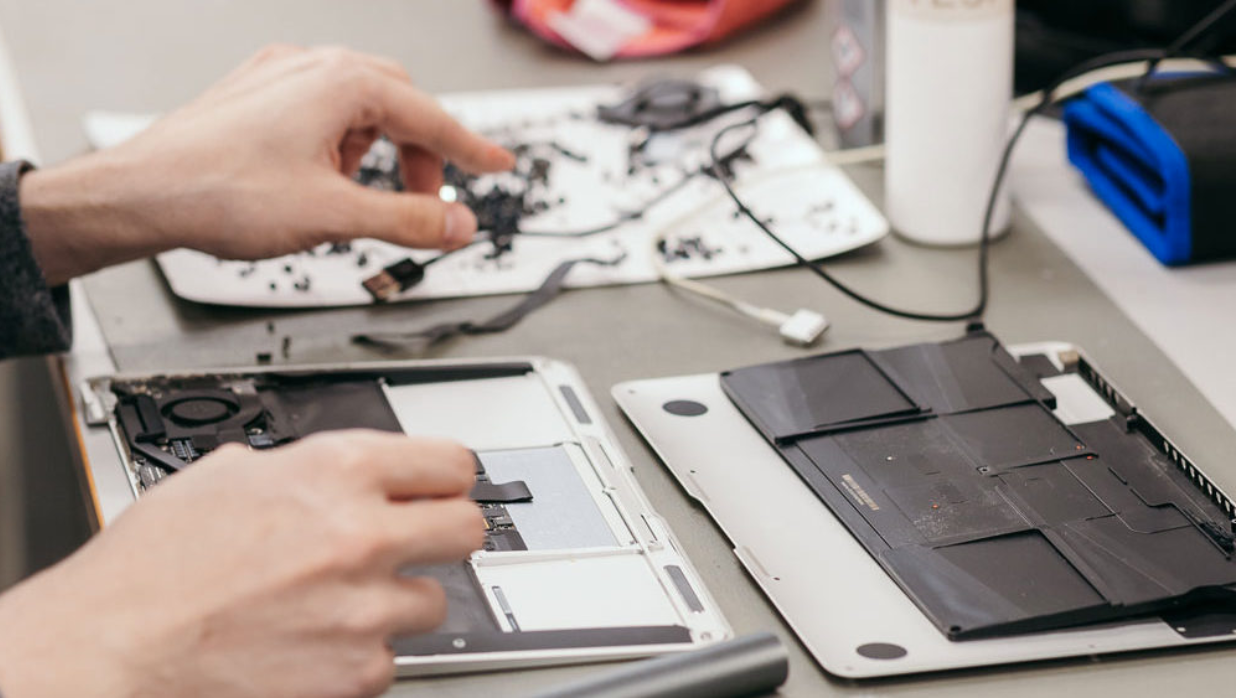
Why do we need the right to repair?
Consumers vote for repairs
Consumer choice and consumer protection are key arguments within the debate. According to an Eurobarometer survey, 77% of EU consumers would rather repair their goods than buy new ones but ultimately have to discard them because of affordability and lack of service availability. In some cases, the devices are built in a way that doesn’t allow disassembly.
Users would have more control over their technology with the right to repair. They could use products for longer instead of buying new ones, thus decreasing costs and reducing e-waste.
The environmental angle
Electronics are the fastest-growing source of waste in the EU. In 2019, 12.0 Mt (16.2kg per capita) of e-waste was generated, and only 42.5% was collected and properly recycled.
When talking about sustainability, device circularity is about reusing and recycling. We should recover value before electronics become e-waste. There are two main ways to extend the life of a product:
- Repair it so that the primary owner can continue using the product.
- Sending devices to the manufacturer or a refurbisher to get them resold.
Repair and reuse are equally essential for the circular economy. Since most CO2-eq emissions are produced upon initial manufacturing, a second-life device will reduce the burden on our planet. Refurbishing and after-sales channels mean fewer greenhouse gas emissions and less waste.
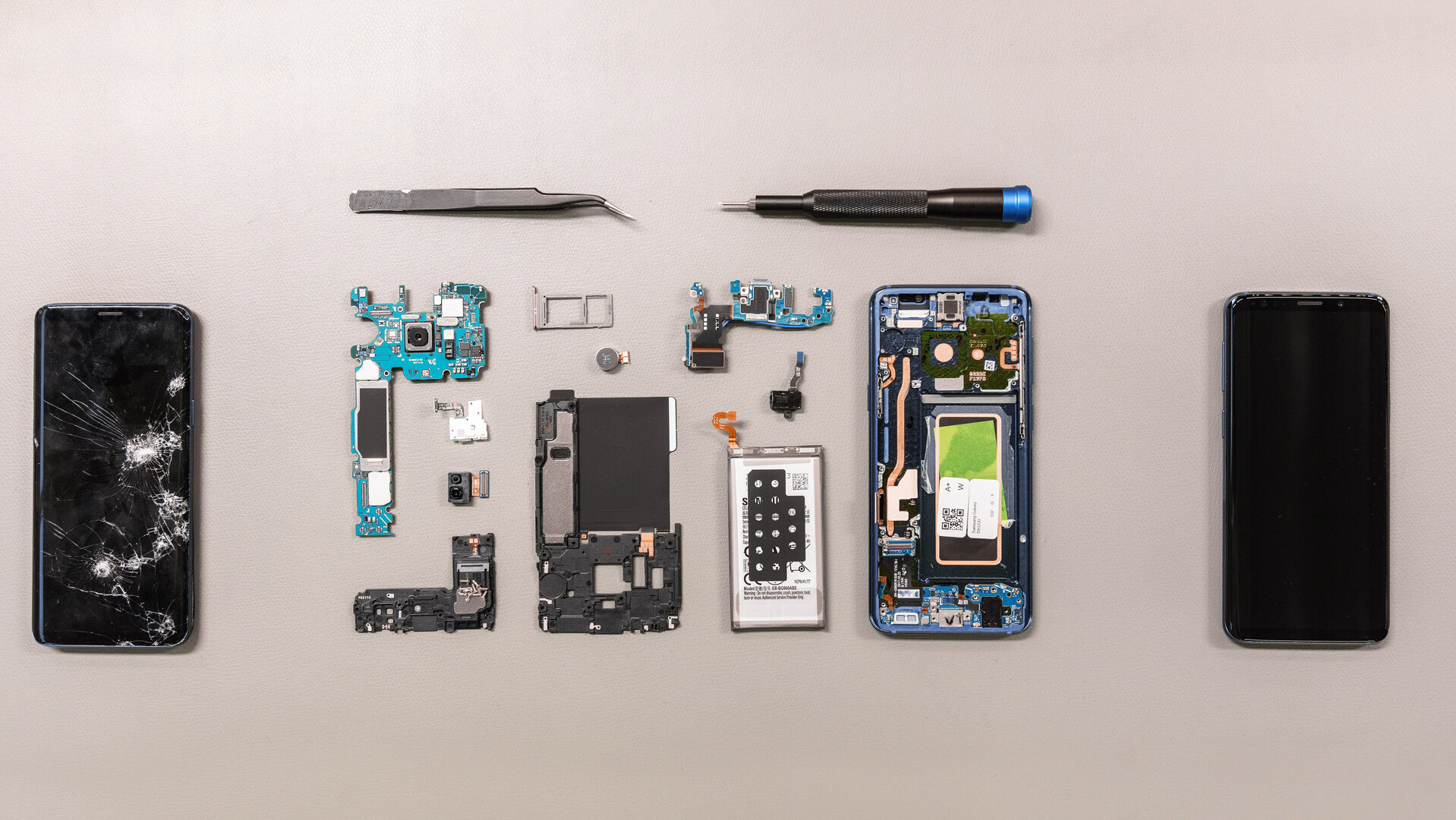
Moving the circular economy from awareness to action
The circular economy is more than a slogan. It is a goal to be actively pursued. Positive trends are already being seen in consumer behavior, regulations, and business models.
The current design of consumer electronics, the infrastructure around their manufacturing and the after-sales market is also improving vastly. Repair services for electronics are already growing within the EU, both for business-to-business and end consumers.
“The facilitation of repairs will probably not be enough, but repair is a big part of the circular economy. We are getting some big wins already.”
Agnes Makk, CEO of Foxway Recommerce
The European Commission has several initiatives to improve device repairability and make the broader economic context more favorable to repair. The EU views the right to repair as a critical step for the EU’s plan to achieve a circular economy by 2050.
How are circular economy companies making an impact?
Whilst EU legislation takes time, the circular economy organizations have devised supportive solutions. One of our primary sustainability ambitions is to advance circularity in IT across our value chain.
Foxway actively contributes to the work of EUREFAS – the European Association for Refurbishment. As a founding member, we advocate for:
- the interests of the refurbishing industry on the European level;
- raising awareness and encouraging consumers, companies and the public sector to opt for more durable products.
Foxway’s core value is sustainability through extending device lifetime. In 2021, we processed 1.5 million devices, and most reached the after-sales market and found a second life. The total environmental impact of 72,000 tons of CO2-eq was avoided by refurbishing these electronics.
Together towards a qualitative electronic device refurbishment sector
In May 2022, all EUREFAS members signed a Pledge, committing to upholding industry standards within the refurbishment industry in Europe. Amongst other initiatives, Foxway commits to:
- Aim for carbon neutrality.
- Engage ourselves in certification schemes.
- Ensure consumer’s privacy and safety.
- Offer commercial warranty and after-sales service.
But we also know we must deal with a knowledge gap to scale up and make a difference.
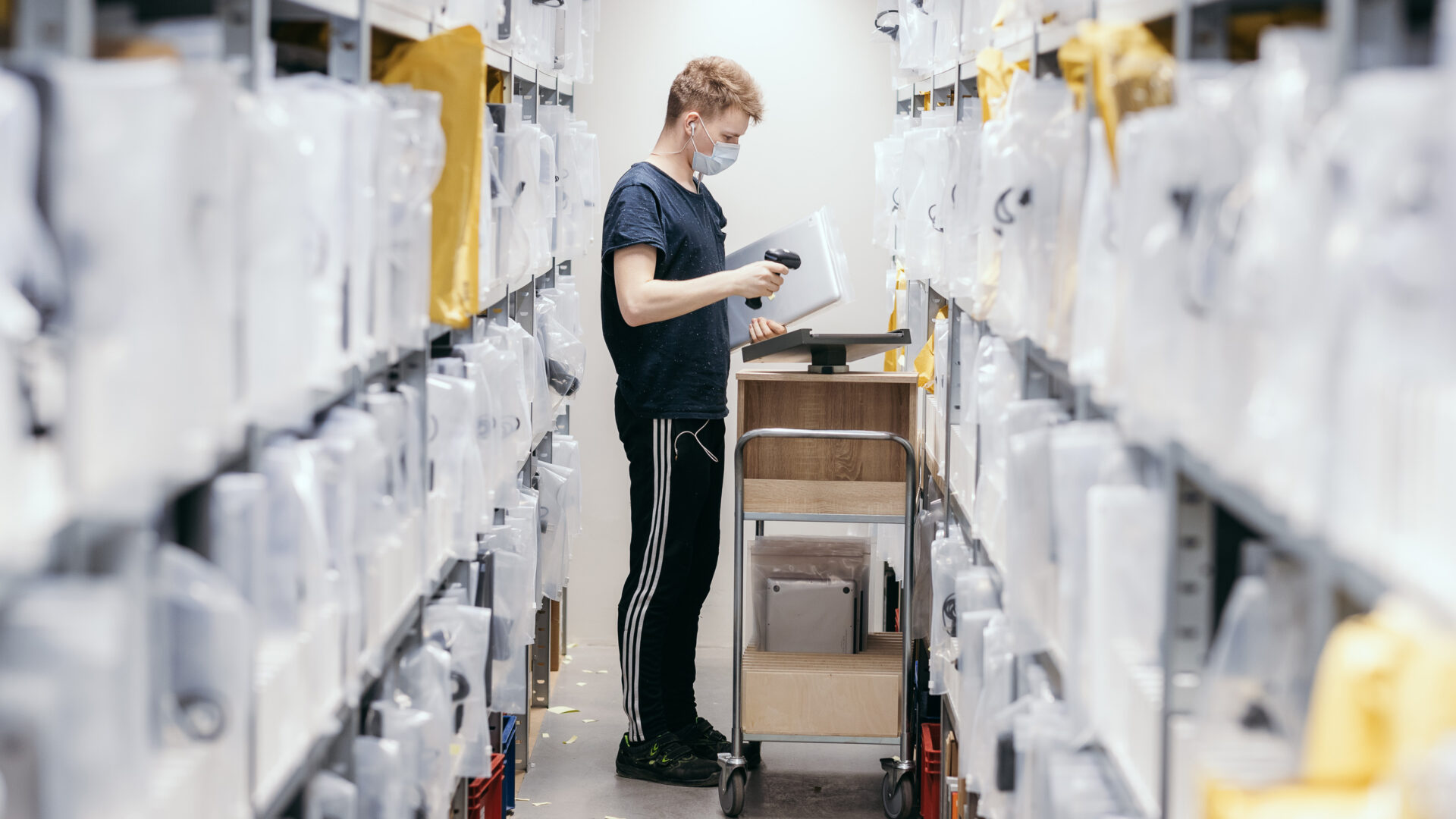
Foxway encourages a culture of reuse, repair, and refurbishment, which are essential to imagining a real circular economy.
Help raise awareness about the right to repair.
Share the article.
Right to repair references:
European Parliament Briefing. Right to Repair. January 2022
Europe’s consumption in a circular economy: The benefits of longer-lasting electronics, European Environment Agency, June 2020.
Longer lifetime for products: Benefits for consumers and companies, Policy Department for Economic and Scientific Policy, European Parliament, 2016.
Recommerce ICT-devices Sustainability Life Cycle Management
